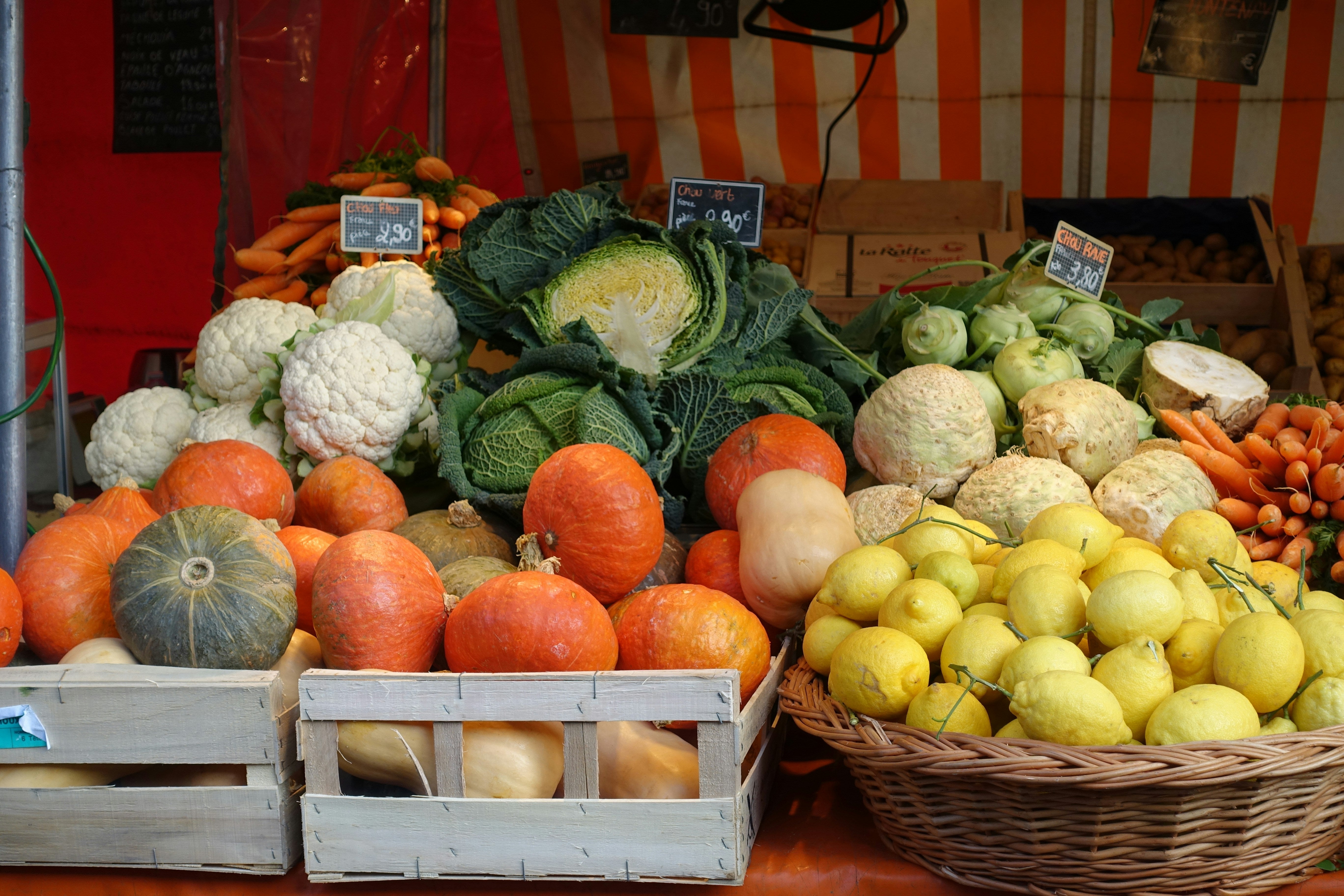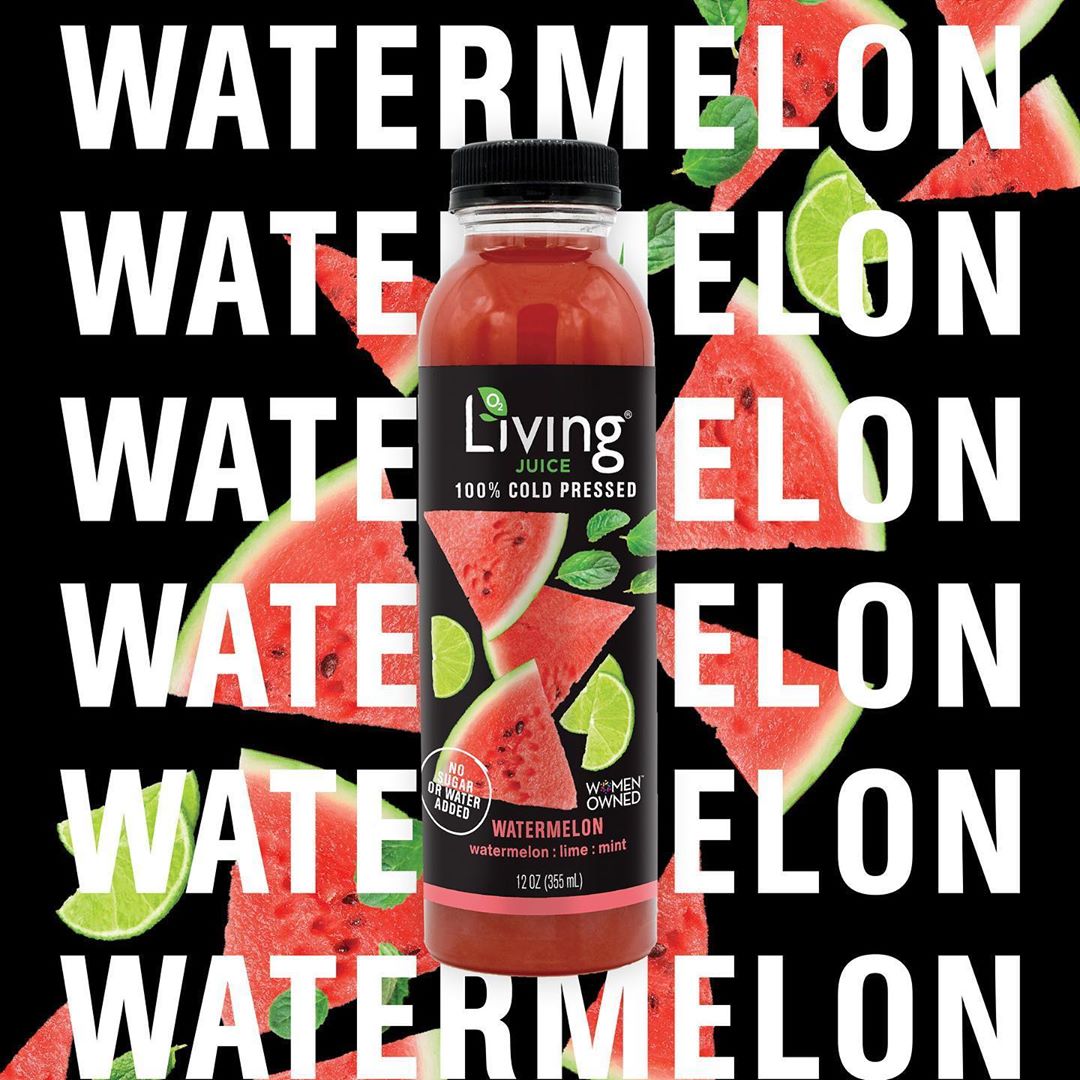Runner's High: What exactly are endorphins?

We love the post-workout euphoria...but what is it?
 We've all heard it before...exercise gives you endorphins, and endorphins make you happy! If only it were that simple. We can't deny that post-workout bliss is real. But, what is it exactly about working out that boosts your mood and relieves stress?
We've all heard it before...exercise gives you endorphins, and endorphins make you happy! If only it were that simple. We can't deny that post-workout bliss is real. But, what is it exactly about working out that boosts your mood and relieves stress?
What are endorphins?
Endorphins are hormones (specifically neurochemicals) that are created in the brain's hypothalamus and pituitary gland. When released, they mimic natural painkillers, by binding to opioid receptors in the brain. So, endorphins can help to lower your perception of pain.
However, studies have shown that after running, higher levels of endorphins can be found in the blood, but no studies have shown higher levels of endorphins in the brain. While cardio can increase endorphins in the body, endorphins can't cross the blood brain barrier, meaning higher levels of endorphins in the body are not responsible for your runner's high or the euphoria you feel after a workout.
What causes that "runner's high"?
 If endorphins are not responsible, then what is? The likely source of your runner's high are two other neurotransmitters, serotonin and norepinephrine. Low levels of both serotonin and norepinephrine have been linked to depression, so it would make sense that these neurotransmitters are responsible for post-workout bliss.
If endorphins are not responsible, then what is? The likely source of your runner's high are two other neurotransmitters, serotonin and norepinephrine. Low levels of both serotonin and norepinephrine have been linked to depression, so it would make sense that these neurotransmitters are responsible for post-workout bliss.
Not only can exercise ramp up neurotransmitters that prevent depression, but expert, J Kip Matthews, PhD, a sport and exercise psychologist, shared that working out can prepare the body for handling stressors, which in turn may help ward off depression and anxiety when faced with stress.
What else can prevent depression
Research has shown that diets in fruits, vegetables, nuts, whole grains, legumes, protein, unsaturated fats help to prevent depression. People with diets high in whole foods such as these are up to 35% less likely to develop depression than people who eat diets with less whole foods. On the other hand, diets that are high in processed, fried, and sugary foods can increase the likelihood of depression. Research has shown that diets high in these foods may even increase the risk of depression by as much as 60.6%. If you'd like to learn more about these studies, you can read more on Mental Health America's website.

This May O2 Living and Living Juice partnered with the JCK Foundation for mental health awareness month. Check out our recipes this month that feature fruits and vegetables rich in omega 3 fatty acids, vitamin Bs, and vitamin D to support positive mental health.




